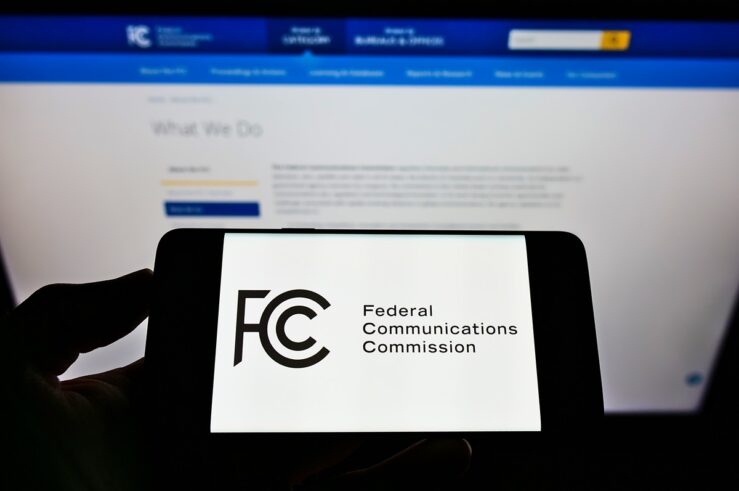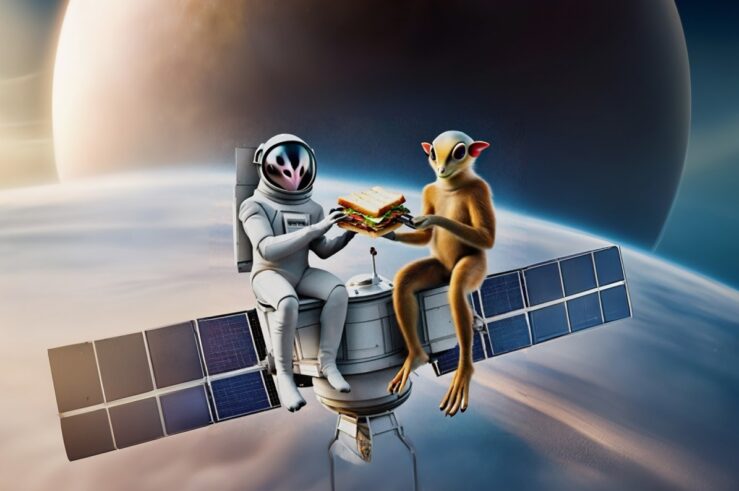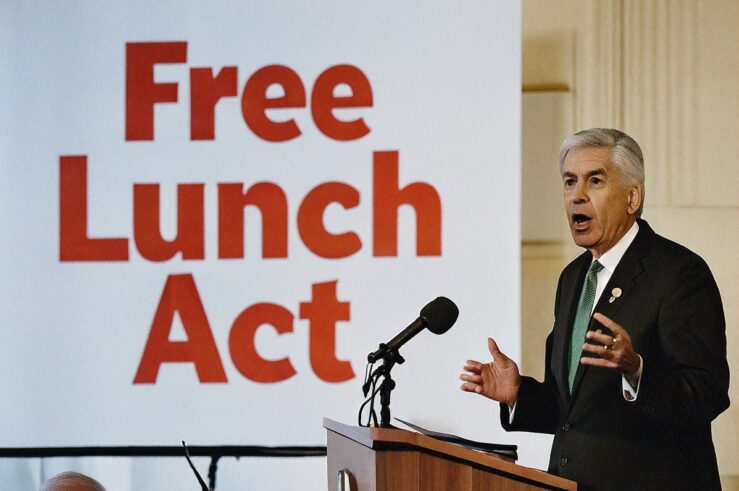My first economics professor, P.J. Hill, is retiring tomorrow after forty or so years of teaching at Wheaton College. I wanted to take a few minutes to publicly thank him for all he did for me and for the thousands of other students who had the great fortune to sit at his feet in Wheaton’s Blanchard Hall.
I stumbled into P.J.’s Principles of Microeconomics class as a sophomore philosophy major looking to check off my gen-ed social science requirement. From the first class session, I was hooked. P.J.’s “economic way of thinking” (which was also the name of our terrific textbook, to which I still regularly refer) made so much sense to me. And P.J. made sure we really understood the material. I still remember some of the “Microthemes” he had us write. One was a response to a kid who was embarrassed because his commodities trader father, unlike his friends’ dads, didn’t “make” anything. I was happy to reassure the kid that his father did, in fact, make something quite important: information. I thought about that Microtheme when I drafted this blog post.
I also remember the day P.J. curiously began to eat a ripe, juicy apple in the middle of his lecture. I and the other students in the front row were a little put off when he sprayed us with apple juice and blew bits of pulp on our desks. We settled down, though, when he finally got around to the day’s topic: negative externalities. We left class with a pretty good understanding of the concept.
The other two courses I took from P.J. — Environmental Economics and Public Choice — were similarly terrific. In the former, I learned how an absence of property rights can create environmental degradation, while the existence of clearly defined, enforceable and transferable property rights helps accommodate both conservation and appropriate resource exploitation. Again, the object lessons stick out — like the time P.J. had four students “fish” for paper clips (by picking them up off the floor). The paper clips, which were redeemable for ten cents each, would be worth a quarter each in 30 seconds. Sadly, one student figured he’d do best to jump the gun and swoop up the “fish” before they could mature. His competitors dove to the floor after him, and the fish were quickly “caught.” We got a different outcome when P.J. made an X on the floor with masking tape and gave each fisherman a property right to the fish in his or her quadrant. That time around, everyone waited for the fish to mature. Tragedy of the Commons, anyone?
P.J.’s Public Choice course helped me understand that individuals don’t cease to be rational self-interest maximizers when they enter “public service.” That implies that a market failure is not a sufficient condition for a government fix. One must always ask whether the governmental solution, limited by the planners’ imperfect knowledge and tendency to act self-interestedly, is likely to improve things. You can see the influence of P.J.’s Public Choice course in these posts.
In all of his classes, P.J. peppered lectures with examples and insights from his own research. He is a first-rate economic historian, and his written extensively, often with Terry Anderson (and once with Nobel laureate Douglass North), on the evolution of property rights. We students would hang onto every word as he would describe, say, how the Wild West was tamer than you’d think or how the advent of barbed wire transformed property rights in the West.
In addition to teaching me lots of stuff, P.J. helped set me on the path I now tread. The weekend of my college graduation, he told me about a research position at the Center for the Study of American Business (now the Murray Weidenbaum Center) at Washington University in St. Louis. When I expressed interest, he recommended me to Murray Weidenbaum, CSAB’s director and the former chairman of President Reagan’s Council of Economic Advisers. I ended up getting the job.
At Wash U, I met some law professors who seemed to have pretty enviable jobs. I also had the opportunity to delve into environmental policy and test the waters of academia. P.J. had me out to Bozeman, Montana to give a presentation at the Political Economy Research Center (now Property and Environment Research Center), with which he is affiliated. The research I presented was the basis for a couple of articles, one in The Public Interest and the other in the Yale Journal on Regulation. Publishing those articles helped get me into law school, and into a clerkship, and into law teaching. So, were it not for P.J., I would not be doing what I’m doing.
More importantly, though, I would not be who I am. P.J.’s courses turned me on to the economic way of thinking. His passion for learning lit a scholarly fire within me. The clarity with which he communicated sophisticated ideas disabused me of the notion that “rigorous” means “inscrutable.” The way he wove his own scholarship into classroom presentations — sort of inviting students to join him on his own intellectual journey — helped me see that there’s no dichotomy between teaching and scholarship, that the best teachers are scholars, and the best scholars, teachers. His integration of his Christian faith with his teaching and scholarship helped me view teaching as a divine calling, a perspective that makes a sweet profession that much sweeter. I am, in short, a product of P.J. Hill. And I am grateful.




